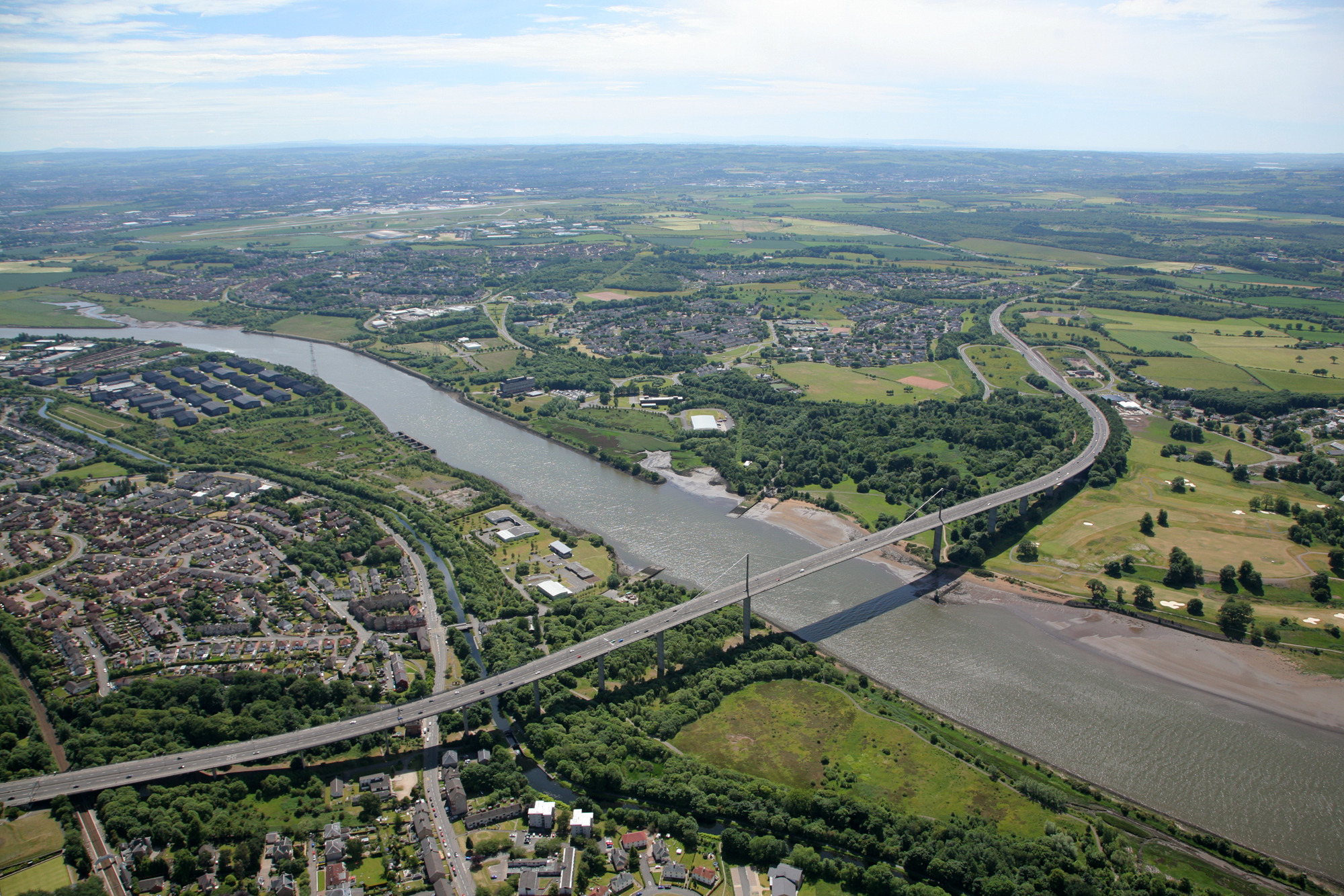West Dunbartonshire unveils building energy efficiency masterplan

West Dunbartonshire Council has published its masterplan on decarbonising heat and improving energy efficiency within buildings in the region as it works towards achieving net zero by 2045.
A draft of the local heating and energy efficiency strategy (LHEES) was presented to members of the council’s Infrastructure, Regeneration and Economic Development committee this week and approval was given for the public to be consulted on the plan.
The LHEES will underpin an area-based, local authority-wide approach to heat and energy efficiency planning and delivery. Publication of such a document is part of ambitious targets set by the Scottish Government to tackle the climate emergency.
People across the region will now get their chance to provide feedback on the document which identifies current heat sources and opportunities for development. There will also be ongoing engagement allowing residents to help shape the net zero heat transition in their locality.
The Scottish Government targets aim to ensure our homes and buildings produce net zero carbon emissions and no longer contribute to climate change or fuel poverty by 2045. To meet these targets almost all homes, public buildings and businesses will need to increase their energy efficiency and install zero emissions heating.
Moving forward, the council said it will place particular focus on understanding where poor energy efficiency contributes to fuel poverty enabling targeted support to those most affected.
The strategy will also help to deliver energy efficiency improvements and heat decarbonisation across all building sectors.
As well as the development and potential expansion of the Queens’ Quay District Heat Network and feasibility of new heat networks in other areas, part of the strategy will involve progressing air source heat pump pilot projects to domestic properties and monitoring the financial costs and viability for future developments.
This is in addition to energy efficiency programmes which currently operate across the area to increase energy efficiency through the likes of loft, cavity and wall insulation.
Councillor David McBride, convener of Infrastructure, Regeneration and Economic Development, said: “This is a key project, outlining how we will deliver on ambitious aims to become net zero by 2045.
“I want to thank the officers who have put a significant amount of work into producing this strategy and providing a plan on how we can tackle the climate emergency by taking action in our own communities.”
Councillor Lawrence O’Neill, vice convener of Infrastructure, Regeneration and Economic Development, added: “The District Heating Network in Clydebank is a project which shows the importance the council place on working towards net zero and I am proud that we are looking at expanding this as well as progressing other decarbonisation projects as part of this strategy.”



















